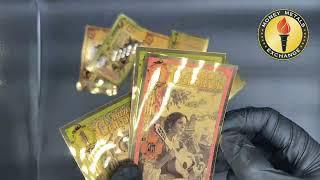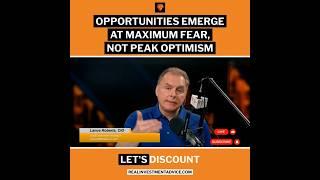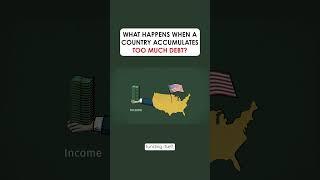| Marc Faber, Editor and Publisher of “The Gloom, Boom & Doom Report’” talks about the commodities-super-cycle.
In your 2002 book “Tomorrow’s gold” you identified two major investment themes: emerging markets along with commodities. That was a great call. As for commodities, they had a great run up until 2008. Then they crashed sharply along with everything else just to recover strongly into 2011. Since then they have acted weakly, and recently commodities even reached a 13-years low. Is this the end of the commodities-super-cycle, as some have claimed, or is it more like a correction? Well that’s a very good question because obviously the weakness in commodities this time is not due to, like, contraction in liquidity as we had in 2008. 2008 commodities ran up very quickly in the first half until July. The oil prices in 2007, just before they started to cut interest rates in the US were still at 78 dollars a barrel and then by July 2008 they ran up to 147 dollars a barrel. Afterwards they crashed within six months to 32 dollars a barrel and then as you said in 2011-2012, they recovered and were trading around 100 dollars a barrel. Now they have been weak again as well as all other industrial commodities and precious metals. My sense is that this time around, commodity prices are weak because of weakness in the global economy, specifically weakening demand from China, because if you look at the Chinese consumption of industrial commodities, in 1970 China consumed 2% of all industrial commodities, by 1990 it was 5% of global commodity consumption for industrial commodities and by the year 2000 it was 12% and then it went in 2011-2012 to 47%, in other words almost half of all industrial commodities in the world were consumed by China. Therefore a slowdown in the Chinese economy has a huge impact on the demand for industrial commodities and on the wellbeing of the commodity producers, whether that is the commodity producers in Latin America, in Central Asia, Middle East, Australasia, Africa and Russia. And so because of the reduced demand from China, the prices have been very weak and I think that may last for quite some time because the Chinese economy will not go back and grow at 10% per annum any time soon. My view is that at the present time, there is hardly any growth in China. In some sectors there is a contraction and in some sectors, and don’t forget China is a country with 1.3 billion people, so some provinces may still grow and other provinces may contract, as well as some sectors may grow and others may contract. But in general I think the economy is weak. My estimate is that at the very best the Chinese economy is growing at the present time at say 4% per annum and not at 7.8 or 8% as the government claims. We have relatively reliable statistics like auto sales and freight loadings that are down year on year, electricity consumption, exports, imports and so forth. So there has been a remarkable slow down and to answer your question about commodity prices, if the global economy slows down as much as I do believe, because other economists predict an acceleration of global growth, a healing of global growth, my sense is that it is the opposite, that within 6 months to one year we are back into recession and then it will depend on central banks and what they will do. Up until now, they have always printed money and I suppose they will continue to do that. … within 6 months to one year we are back into recession and then it will depend on central banks and what they will do. Up until now, they have always printed money and I suppose they will continue to do that. Interview conducted by Johannes Maierhofer and Peter Matay Full Interview – http://www.marcopolis.net/the-big-picture-with-marc-faber.htm http://www.marcopolis.net/marc-faber-on-commodities-and-commodities-super-cycle.htm http://www.marcopolis.net/ |
Tags:









































